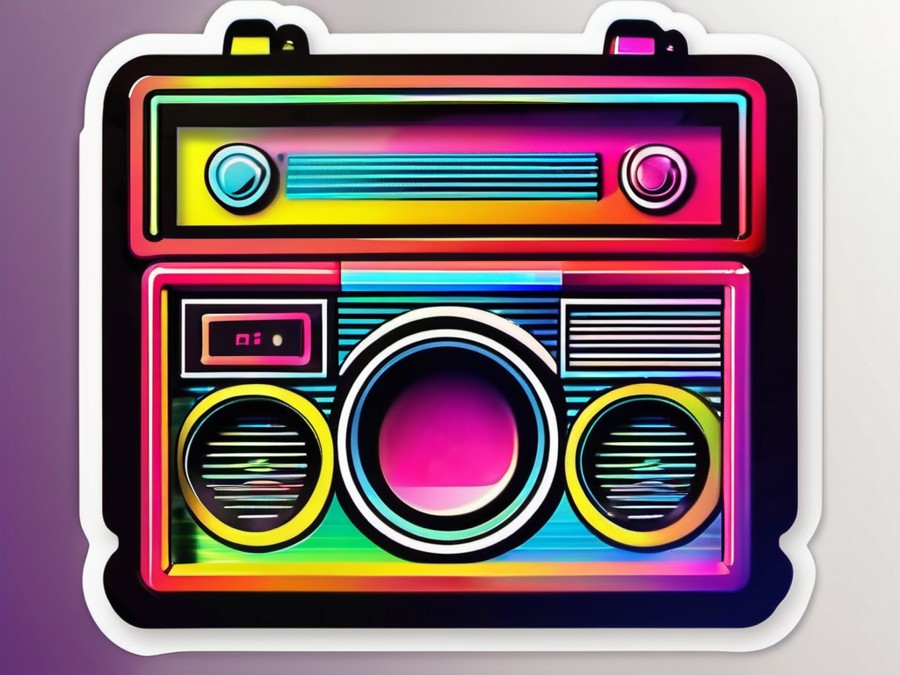· Charlotte Will · Car Audio · 6 min read
What is Car Audio Amplifier Class and Which One is Best for You?
Discover which car audio amplifier class is best for your sound quality and performance needs. Compare Class A, AB, A/B, and D to make an informed decision for your car stereo system. Improve your audio experience with expert advice and recommendations tailored to your preferences.

Ever wondered what makes your car’s audio system tick? The heart of any car stereo system is the amplifier, and choosing the right car audio amplifier class can be a game-changer. Understanding these classes will help you make an informed decision, optimizing both sound quality and performance. Let’s dive into the world of car audio amplifiers, exploring the different classes and determining which one is best suited for you.
Understanding Car Audio Amplifier Classes
Before we dive into the details, let’s start with the basics. Amplifiers take a low-level signal from your car stereo system and boost it to drive the speakers. The class of the amplifier dictates how efficiently this process occurs.
The Basics of Amplifier Efficiency
Efficiency in an amplifier is crucial because it affects both power consumption and heat generation. A more efficient amplifier will use less energy and produce less heat, which is especially important in confined spaces like a car.
The Role of Power Supply
The power supply plays a significant role in how an amplifier operates. Different classes handle the power supply differently, affecting efficiency and performance.
Class A Amplifiers
Class A amplifiers are continuously on, providing a steady flow of electricity to the speakers. This constant power delivery ensures minimal noise and distortion, making them ideal for sound quality enthusiasts. However, they are not the most efficient in terms of power consumption.
Class AB Amplifiers
Class AB amplifiers offer a balance between Class A and other classes. They are more efficient than Class A but still provide high-quality sound. The trade-off is a slight increase in distortion compared to Class A, but this is often negligible for most listeners.
Class A/B Amplifiers
Class A/B amplifiers are a hybrid, combining the efficiency of Class B with some of the qualities of Class A. They offer a good balance of power, efficiency, and sound quality, making them a popular choice for many car audio setups.
Class D Amplifiers
Modern and highly efficient, Class D amplifiers operate using a technique called Pulse Width Modulation (PWM). This method allows for much higher efficiency compared to traditional classes. However, they can introduce slight distortions, though advances in technology have mitigated this issue significantly.
Comparing Car Audio Amplifier Classes
Now that we have a basic understanding of each class, let’s compare them across key parameters.
Efficiency and Power Consumption
- Class A: Least efficient, high power consumption.
- Class AB: More efficient than Class A but still consumes a considerable amount of power.
- Class A/B: Balances efficiency and power consumption.
- Class D: Highly efficient, consuming the least amount of power.
Sound Quality
- Class A: Best sound quality with minimal distortion.
- Class AB: Excellent sound quality, slightly less than Class A.
- Class A/B: Very good sound quality, balancing efficiency and performance.
- Class D: Good sound quality, though slightly more distortion compared to others.
Heat Generation
- Class A: Generates the most heat due to continuous operation.
- Class AB: Slightly better but still generates notable heat.
- Class A/B: Balanced heat generation, not as hot as Class A or AB but still notable.
- Class D: Generates the least heat, thanks to its efficient operation.
Real-World Applications and Personal Preferences
Choosing the right amplifier class depends on your specific needs and preferences. Let’s explore some real-world scenarios.
Best Class for Sound Quality Enthusiasts
If you’re an audiophile who prioritizes sound clarity and minimal distortion, Class A is the way to go. However, be prepared for higher power consumption and heat generation.
Best Class for Bass Lovers
For those seeking powerful bass, Class D amplifiers are often the best choice. Their efficiency and ability to handle high loads make them ideal for systems focused on bass response.
Installation Considerations
When installing your amplifier, consider the space available and compatibility with your existing system. Class D amps are typically smaller and more compact, making them easier to install in tight spaces.
Making the Right Choice for Your Car Audio Setup
Evaluating your needs is crucial before making a purchase. Here are some factors to consider:
Evaluating Your Needs
Think about what you want from your car audio system. Are you a sound quality purist, or do you prefer a punchy bass? Understanding your preferences will guide you to the right class.
Budget Considerations
Different amplifier classes come with varying price tags. Class D amps are generally more affordable due to their efficiency and modern design, while Class A amplifiers tend to be pricier.
Future-Proofing Your Setup
Consider the longevity of your setup. Class A/B and Class D amplifiers are often a good investment for the future, as they balance performance and efficiency effectively.
Common Misconceptions and Myths Debunked
Let’s clear up some common misconceptions about car audio amplifier classes.
Class A is Always Better
While Class A offers superior sound quality, it’s not always the best choice. The trade-offs in efficiency and heat generation must be considered.
Class D is Inferior
Modern Class D amplifiers have made significant strides. While they may introduce slight distortions, advances in technology have minimized these issues, making them a strong contender.
Higher Wattage Means Better Sound
Wattage is just one part of the equation. The quality of the amplifier and how it handles power is more important. Efficiency and design play a significant role in the overall sound quality.
Conclusion
Choosing the right car audio amplifier class is a balance between efficiency, sound quality, and your personal preferences. Whether you prioritize sound clarity, powerful bass, or overall system efficiency, understanding the different classes will help you make an informed decision. Consider your budget, installation space, and long-term goals to find the best amplifier class for your car audio setup.
FAQs
What is the difference between Class AB and Class A/B?
Class AB and Class A/B are often used interchangeably, but there can be slight differences in their design and performance. Class AB typically offers better efficiency, while Class A/B may provide a slightly smoother sound transition.
Can I use a Class D amplifier in my home audio system?
Yes, Class D amplifiers can be used in home audio systems. Their efficiency and compact design make them a popular choice for home setups. However, ensure that the specific model is compatible with your home audio equipment.
Is Class A always the most efficient?
No, Class A is not the most efficient. In fact, it’s one of the least efficient amplifier classes due to its continuous power delivery. Class D amplifiers are generally the most efficient.
How does the quality of my speakers affect the choice of amplifier class?
The quality of your speakers can influence which amplifier class is best suited for your system. High-end speakers may benefit more from the superior sound quality of Class A or Class AB amplifiers. Less expensive speakers might work well with more efficient classes like D, especially if bass response is a priority.
What is a good starting point for a beginner’s car audio setup?
For beginners, Class A/B or Class D amplifiers are a good starting point. They offer a balance of performance, efficiency, and affordability. Consider your budget and the specific features you want in your car audio system when making a decision.
To further enhance your driving experience, consider exploring other aspects of car audio with our articles on USB Car Chargers and Bluetooth FM Transmitters.
For a deeper dive into amplifiers, check out What is an Amplifier and How Does It Enhance Car Audio? and other related topics.




